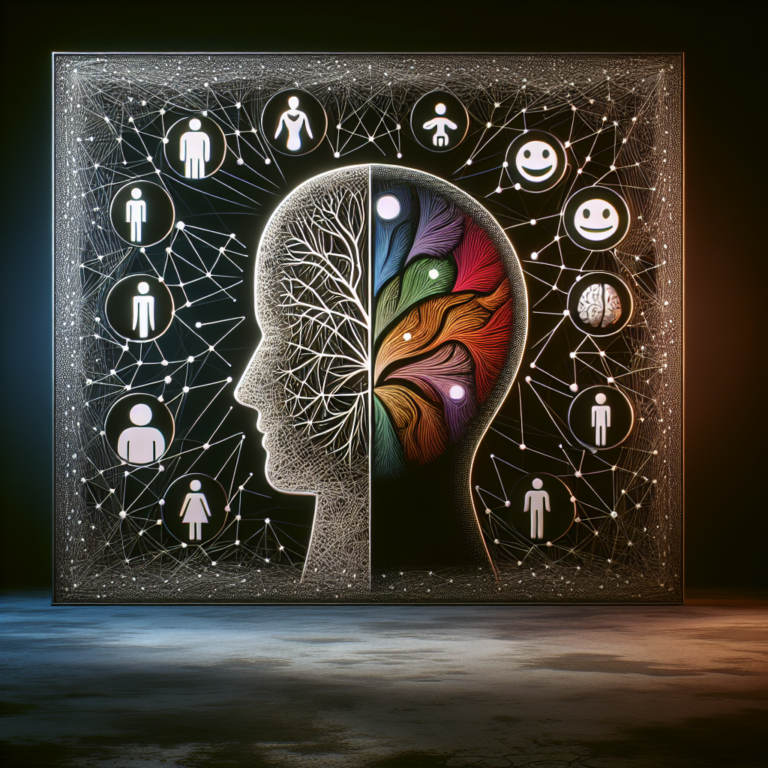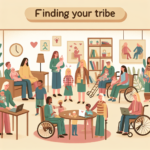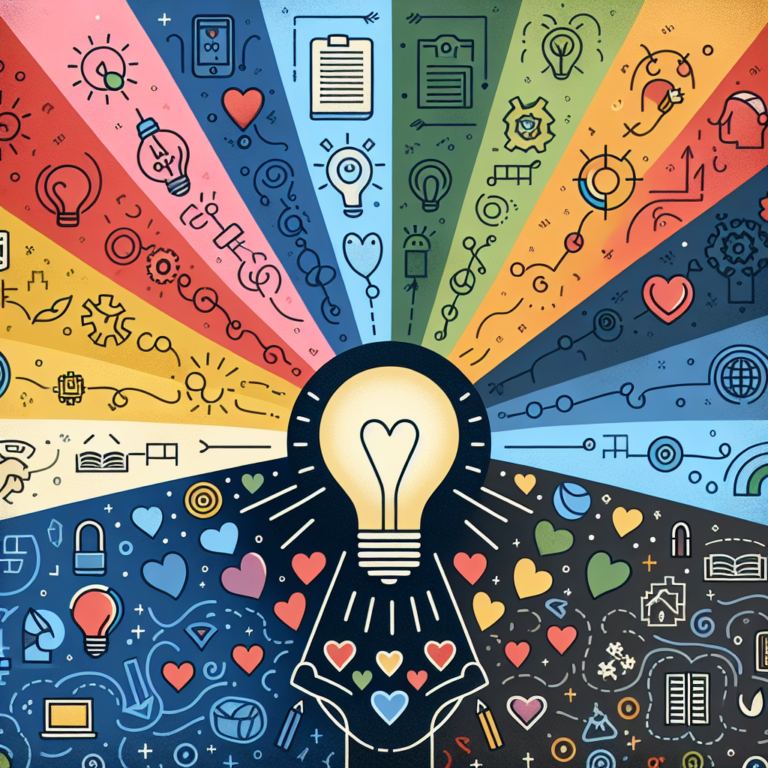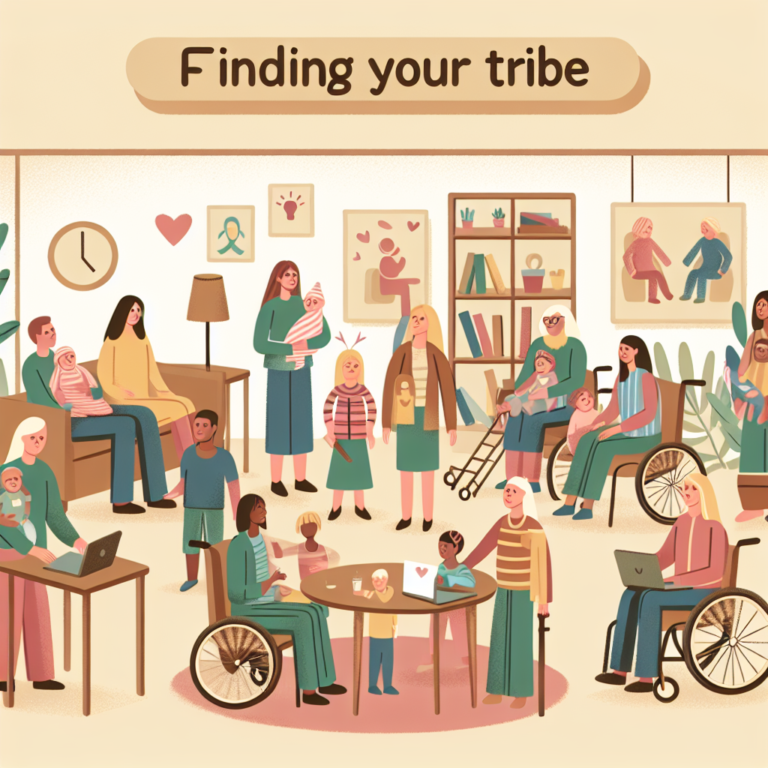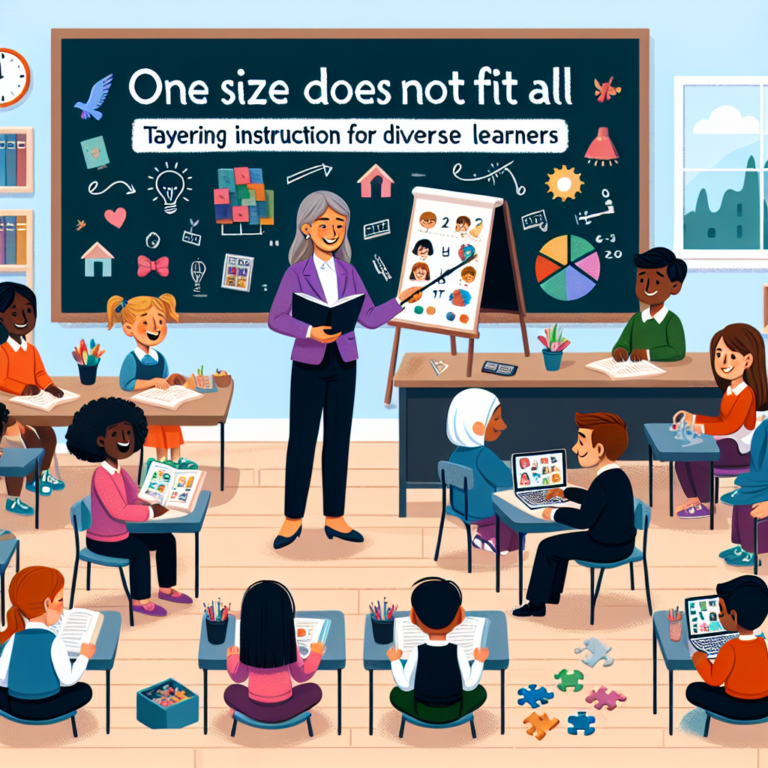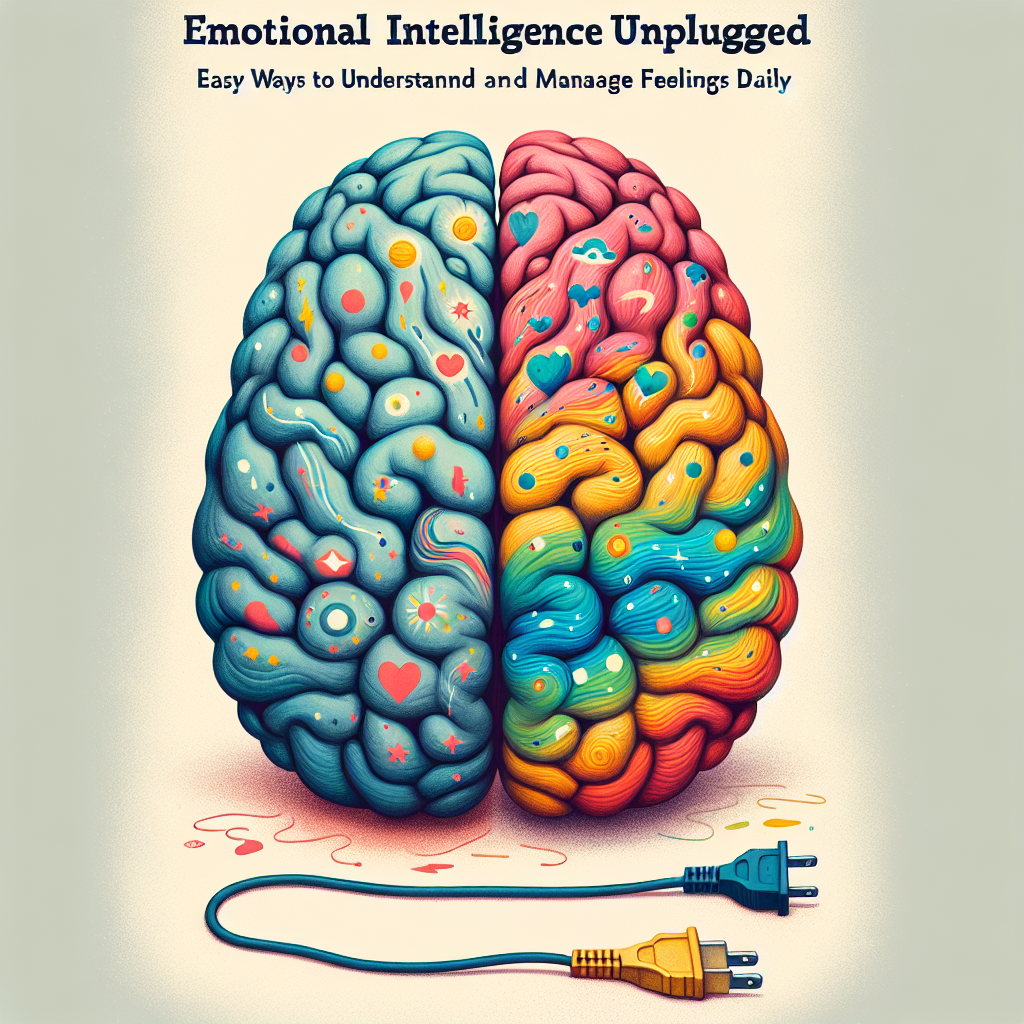
Emotional Intelligence Unplugged: Easy Ways to Understand and Manage Feelings Daily
Introduction
In today’s fast-paced world, emotional intelligence (EI or EQ) has emerged as a cornerstone of personal and professional success. Whether you’re navigating the complexities of relationships, striving for career advancement, or simply seeking to understand yourself better, high emotional intelligence is essential. This article dives into Emotional Intelligence Unplugged: Easy Ways to Understand and Manage Feelings Daily, providing you with practical tools and insights to harness the power of EI in your daily life.
Imagine waking up each morning with a clear understanding of your emotional landscape. You can navigate your feelings, empathize with others, and handle conflicts with grace. The relevance of emotional intelligence in our lives cannot be overstated; it enhances communication, fosters deeper connections, and improves decision-making. Let’s embark on this journey together, exploring how to decode our emotions and cultivate a richer emotional experience.
Understanding Emotional Intelligence
What is Emotional Intelligence?
Emotional intelligence refers to the ability to recognize, understand, and manage our own emotions, as well as the emotions of others. Daniel Goleman, a leading psychologist in the field, identifies five key components of EI:
- Self-awareness: Recognizing your emotions and their effects.
- Self-regulation: Effectively managing your emotions and impulses.
- Motivation: Harnessing emotional factors to pursue goals.
- Empathy: Understanding and responding to the emotions of others.
- Social skills: Building and maintaining healthy relationships.
Understanding these components is the first step in unlocking Emotional Intelligence Unplugged: Easy Ways to Understand and Manage Feelings Daily.
The Importance of Emotional Intelligence
Research shows that individuals with high emotional intelligence have better relationships, perform better at work, and experience greater well-being. A study published in the Journal of Personality and Social Psychology found that emotional intelligence is a better predictor of success than IQ. As we explore EI, it becomes clear that this skill is not just a buzzword; it’s a vital asset in modern life.
Easy Ways to Understand Emotions
1. Practice Mindfulness
Mindfulness is a powerful tool for enhancing emotional awareness. By practicing mindfulness, you can learn to observe your thoughts and feelings without judgment. Start with simple techniques:
- Breathing exercises: Focus on your breath for a few minutes each day. Observe the rise and fall of your chest, allowing thoughts to pass without engaging with them.
- Body scanning: Take a moment to notice physical sensations in various body parts. This can help identify areas of tension related to your emotions.
2. Journaling
Writing about your feelings can lead to profound insights. Consider the following methods:
- Daily reflections: Spend five minutes each evening writing about the emotions you experienced throughout the day. What triggered them? How did you respond?
- Gratitude journaling: List three things you’re grateful for each day, allowing positive emotions to flourish.
These journaling practices align with the concept of Emotional Intelligence Unplugged: Easy Ways to Understand and Manage Feelings Daily by fostering self-awareness and emotional expression.
3. Emotional Check-Ins
Regular emotional check-ins can help you stay in tune with your feelings. Try this simple approach:
- Daily emotional scale: Rate your emotions on a scale of 1-10 each day. What influenced your feelings? This practice can inform conversations about emotional management.
Case Study: The Power of Mindfulness
Consider the case of Sarah, a corporate executive who struggled with workplace stress. After integrating mindfulness practices, she discovered her triggers and learned to manage her responses. Her team reported increased collaboration and morale as Sarah’s emotional awareness improved. Sarah’s journey illustrates the profound impact of mindfulness as an easy way to understand and manage feelings daily.
Tools for Managing Emotions
1. The Emotion Wheel
The Emotion Wheel is a visual tool that helps identify feelings. It categorizes emotions into primary and secondary, allowing for deeper understanding. Here’s a simplified representation:
| Primary Emotion | Related Emotions |
|---|---|
| Joy | Happiness, Pride |
| Anger | Frustration, Irritation |
| Sadness | Disappointment, Grief |
| Fear | Anxiety, Insecurity |
Using the Emotion Wheel encourages you to explore emotions beyond the surface, enhancing your emotional intelligence.
2. Cognitive Reframing
This technique involves changing your perspective on emotional experiences. When faced with negative emotions, ask yourself:
- What can I learn from this?
- How can I view this situation differently?
For instance, if you feel overwhelmed at work, consider it an opportunity to develop time-management skills. Cognitive reframing aligns perfectly with Emotional Intelligence Unplugged: Easy Ways to Understand and Manage Feelings Daily by promoting proactive emotional management.
Case Study: Cognitive Reframing in Action
Take James, a college student who felt intense anxiety before exams. By applying cognitive reframing, he shifted his thoughts from “I will fail” to “This is an opportunity to showcase my knowledge.” As a result, his confidence soared, and his grades improved significantly.
3. Emotional Support Networks
Having a reliable support network is crucial for emotional well-being. Here are some tips to build your network:
- Identify trusted individuals: Seek friends, family, or mentors who make you feel understood and safe.
- Reach out regularly: Maintain contact, even if it’s just a quick text or call. Checking in with your support system can alleviate emotional burdens.
Research shows that social support is closely linked to emotional health, making it an essential component of Emotional Intelligence Unplugged: Easy Ways to Understand and Manage Feelings Daily.
Case Study: The Impact of Emotional Support
Maria, a nurse, felt overwhelmed at work. By confiding in her colleagues and seeking emotional support, she found resilience. Their encouragement motivated her to establish better boundaries and practices for stress relief, underscoring the vital role of emotional support networks.
Enhancing Empathy
1. Active Listening
Empathy is crucial for relationship-building. Enhance your empathetic abilities through active listening:
- Focus completely on the speaker: Make eye contact and nod to show understanding.
- Reflect back what you hear: Paraphrase their words to ensure understanding.
Active listening strengthens connections and fosters genuine conversations.
2. Perspective-Taking
Consider the feelings and experiences of others:
- Ask questions: When someone shares their feelings, ask open-ended questions to delve deeper.
- Imagine their experience: Try to place yourself in their shoes to understand their emotions better.
By practicing perspective-taking, you not only grow your emotional intelligence but also cultivate compassion and understanding in your daily interactions.
Case Study: Empathy in the Workplace
Consider a case where a manager, Alex, struggled with employee disengagement. By adopting active listening and perspective-taking, Alex created an environment where employees felt valued and understood. As a result, team productivity increased, highlighting how empathy can lead to tangible results in any setting.
Conclusion
Cultivating emotional intelligence is a lifelong journey, but it doesn’t have to be overwhelming. By integrating the Emotional Intelligence Unplugged: Easy Ways to Understand and Manage Feelings Daily strategies discussed, you can foster deeper connections, improve self-awareness, and navigate your emotional landscape with confidence.
As you embark on this journey, remember that emotional intelligence is a skill that can be developed and honed. Start with small daily practices, reflect regularly, and embrace the power of understanding and managing your feelings. The rewards—better relationships, improved well-being, and personal growth—are well worth the effort.
FAQs
1. What is emotional intelligence, and why is it important?
Emotional intelligence is the ability to recognize, understand, and manage emotions in oneself and others. It’s essential because it enhances communication, fosters better relationships, and improves decision-making.
2. How can I improve my emotional intelligence?
You can improve EI through practices like mindfulness, journaling, emotional check-ins, and active listening. Regular reflection and seeking feedback can also be valuable.
3. What is the difference between emotional intelligence and IQ?
Emotional intelligence (EI) focuses on the emotional and social skills that influence our ability to connect with others, while IQ measures cognitive abilities and intelligence. Both can contribute to success in different ways.
4. Can emotional intelligence be learned?
Yes, emotional intelligence can be learned and developed through practice, self-reflection, and intentionality. Many of the strategies discussed in this article can facilitate improvement in EI.
5. How does emotional intelligence impact leadership?
High emotional intelligence in leaders enhances team dynamics, fosters employee engagement, and improves conflict resolution. Leaders with EI are better equipped to inspire and motivate their teams.
By embracing these easy ways to understand and manage feelings daily, you’re taking proactive steps toward harnessing the power of emotional intelligence. Let this be the beginning of a transformative journey towards greater self-awareness and interpersonal mastery!








